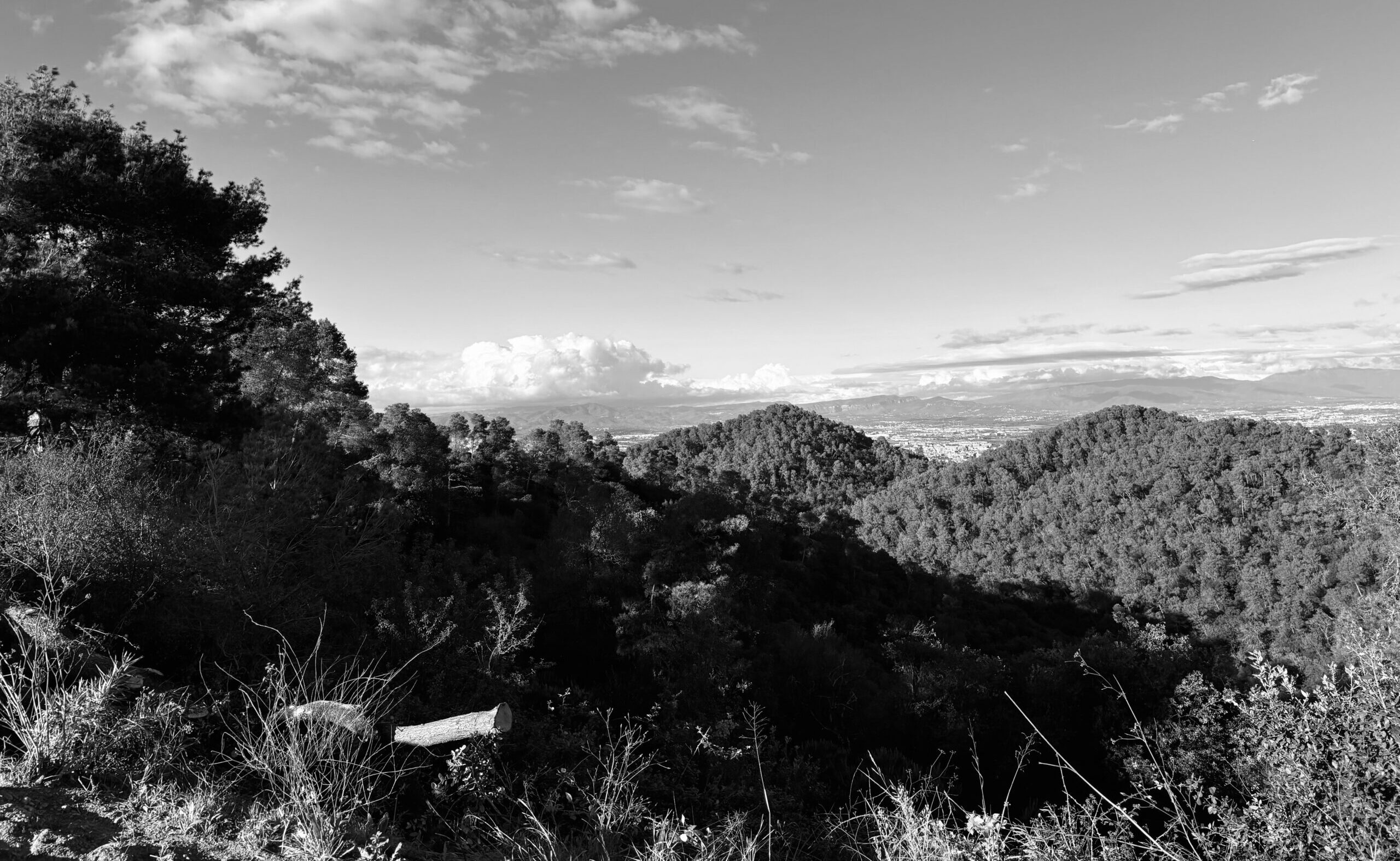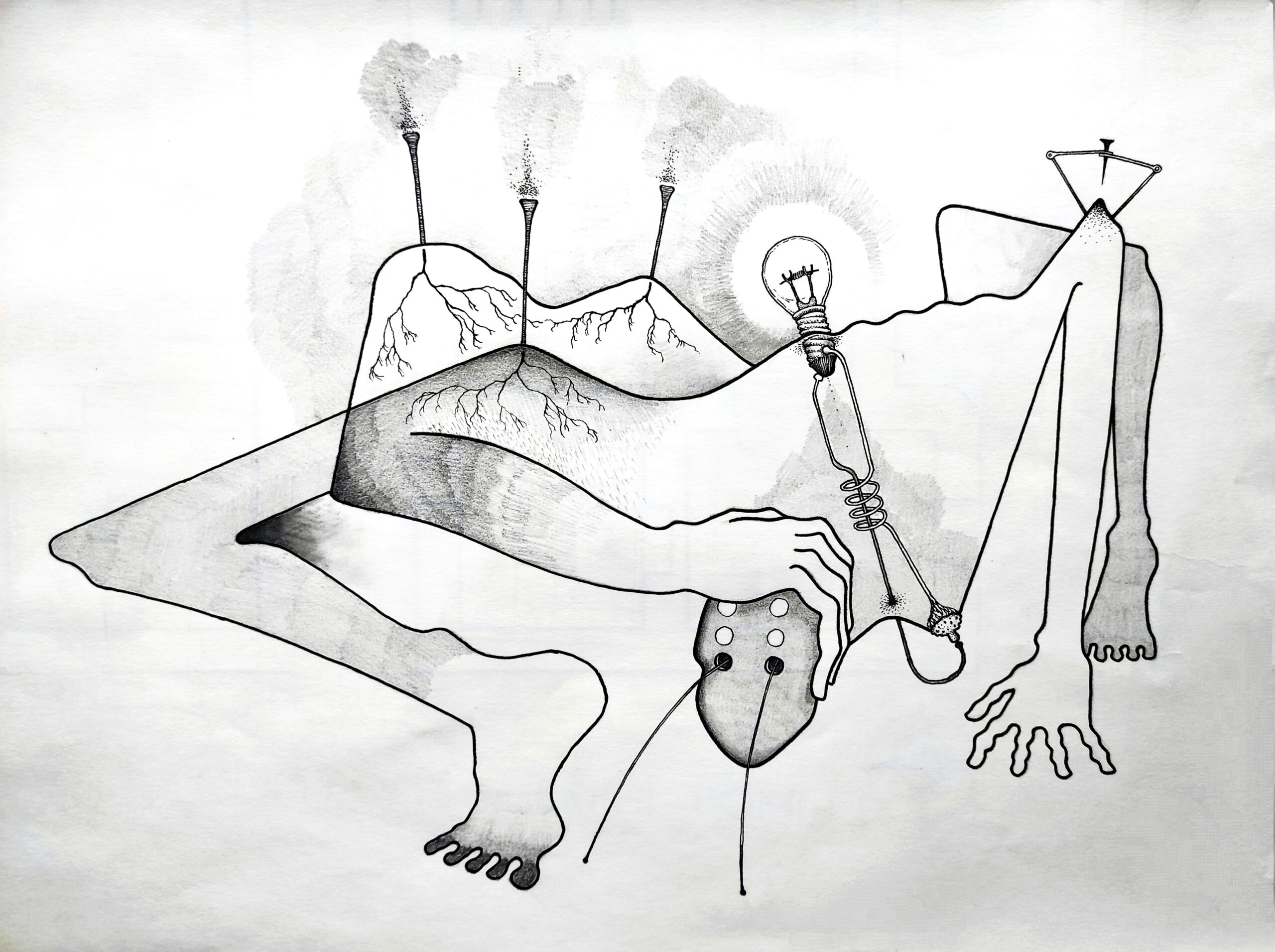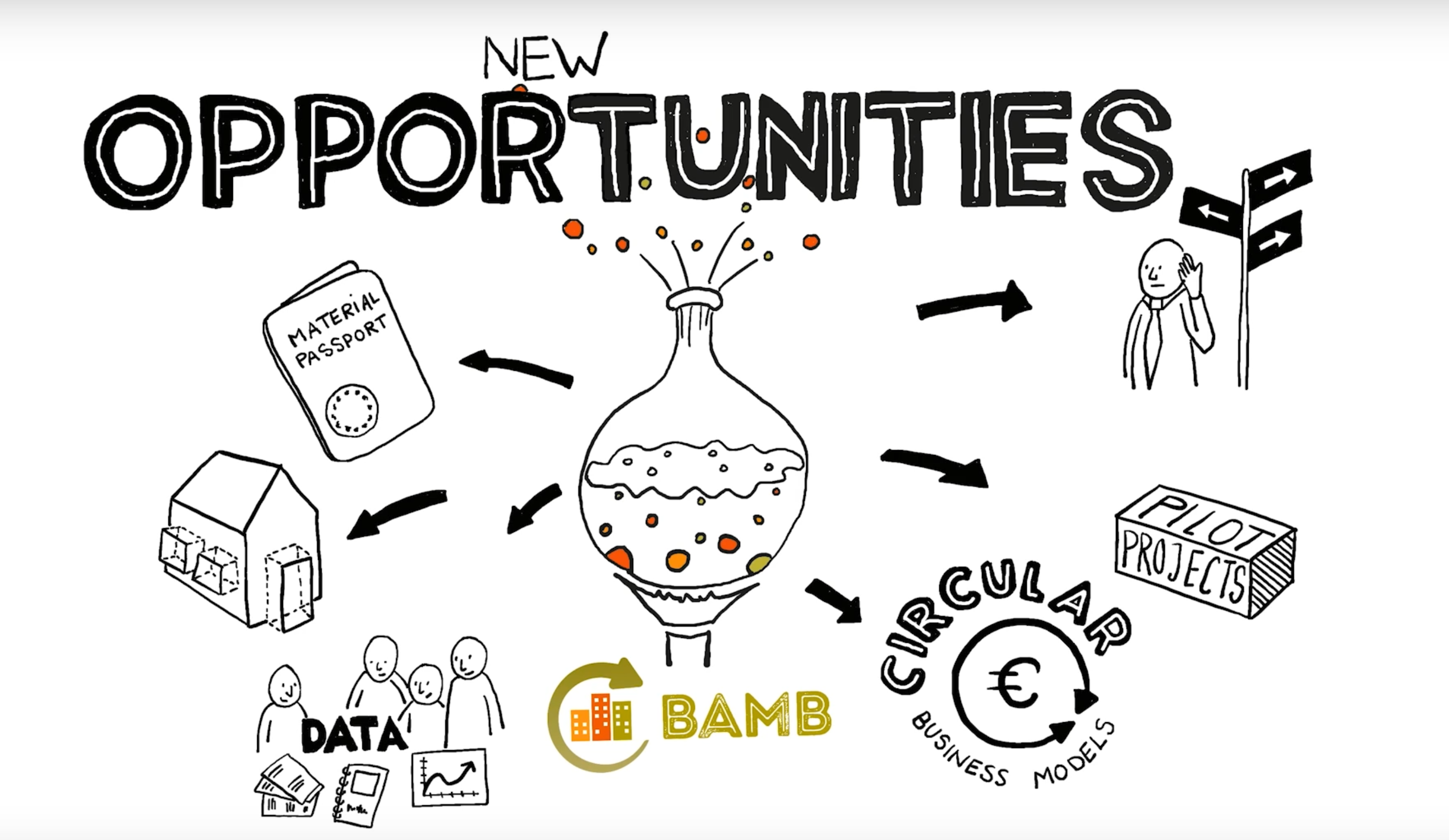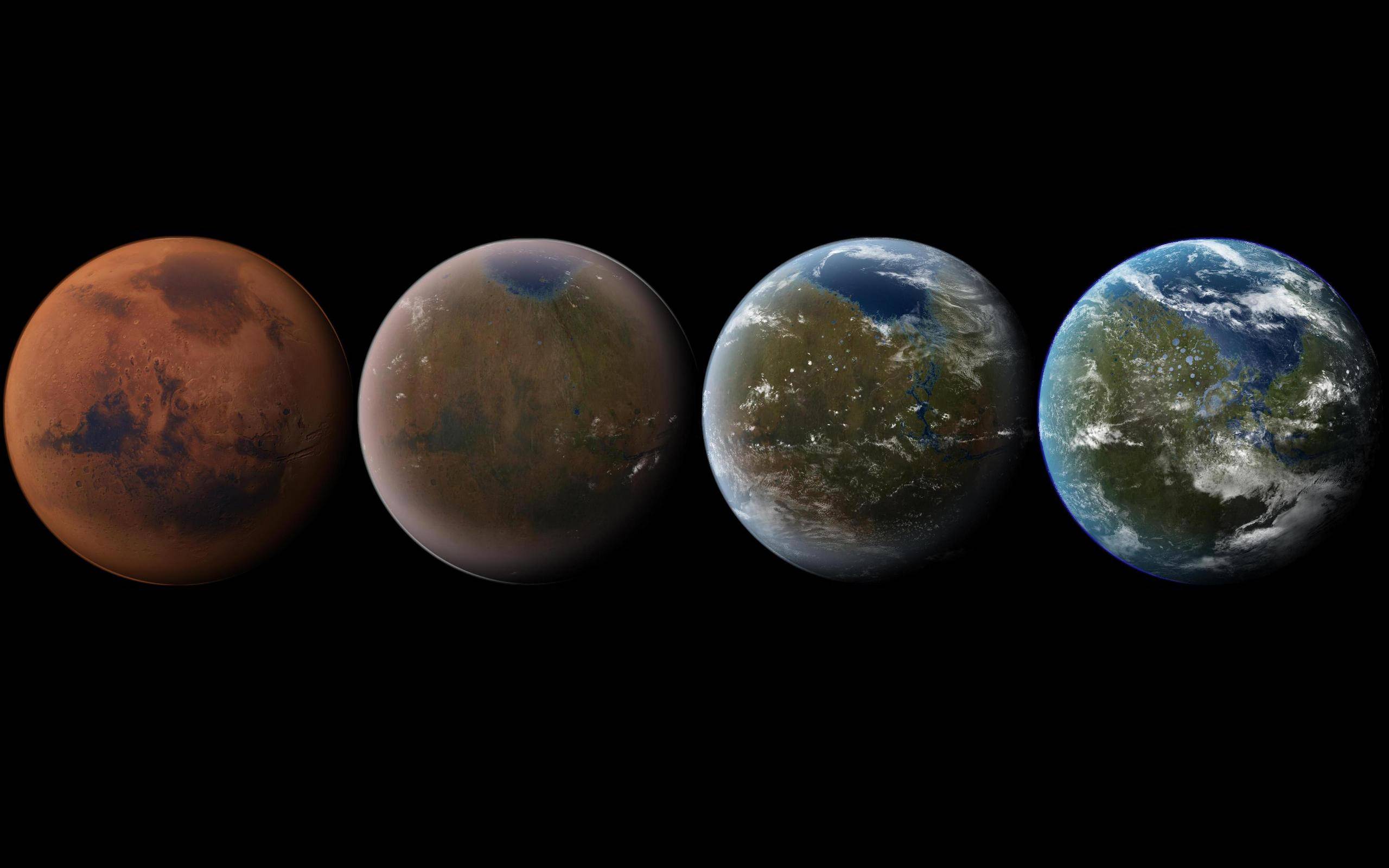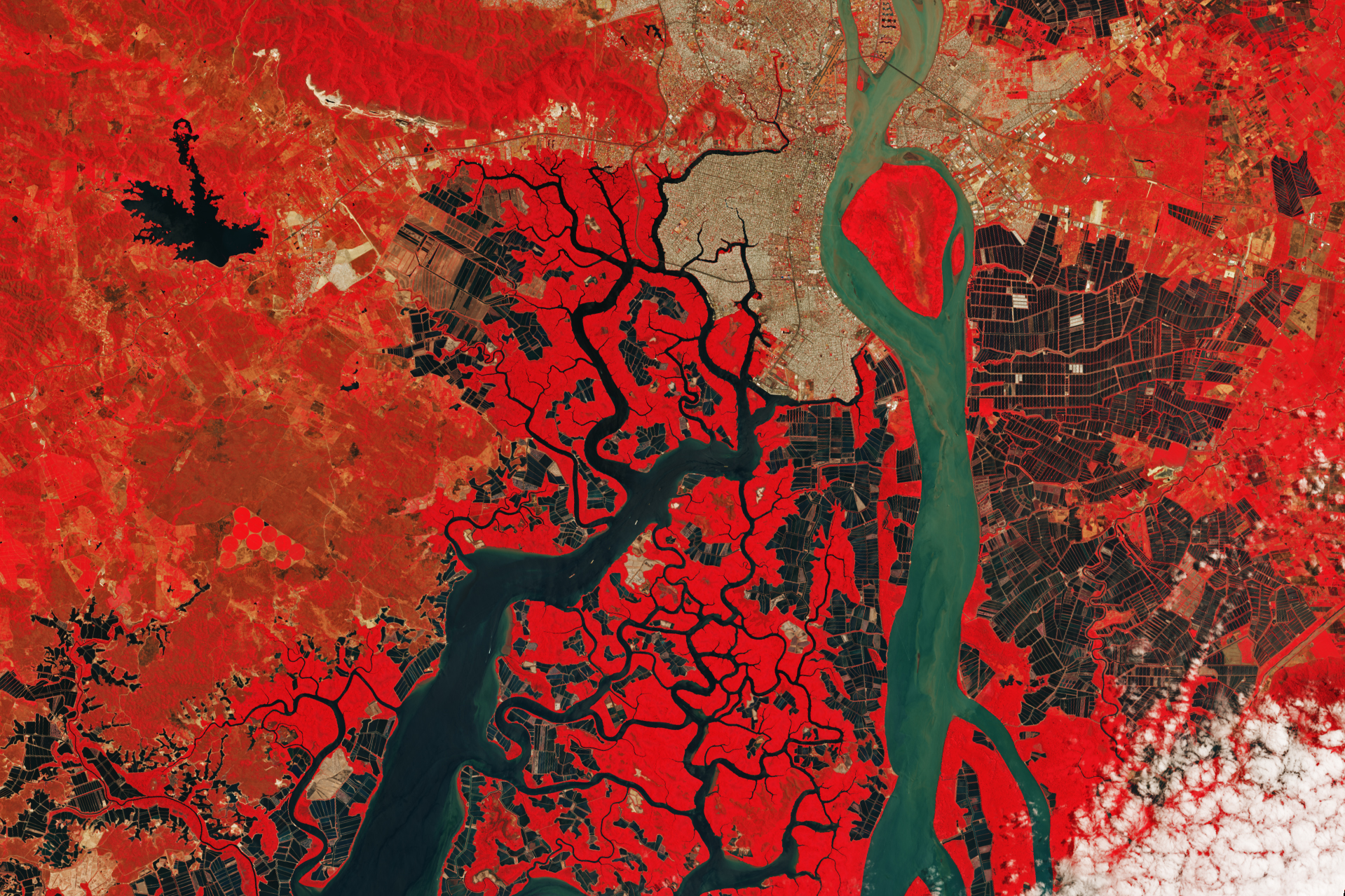Nature as Product
Wark reflects on how modern nature tourism often prioritizes “second nature”—human-made environments—over authentic nature. On her family trip to Mount Zion, the park’s vast canyons and rock formations inspire awe, but this grandeur is soon filtered through rituals like taking selfies. Wacker’s RV transforms the wild into a comfortable, controlled space, making nature feel familiar. … Read more

